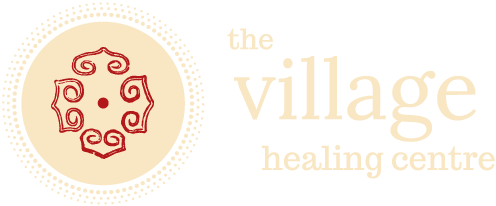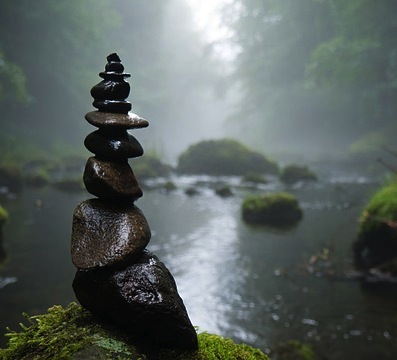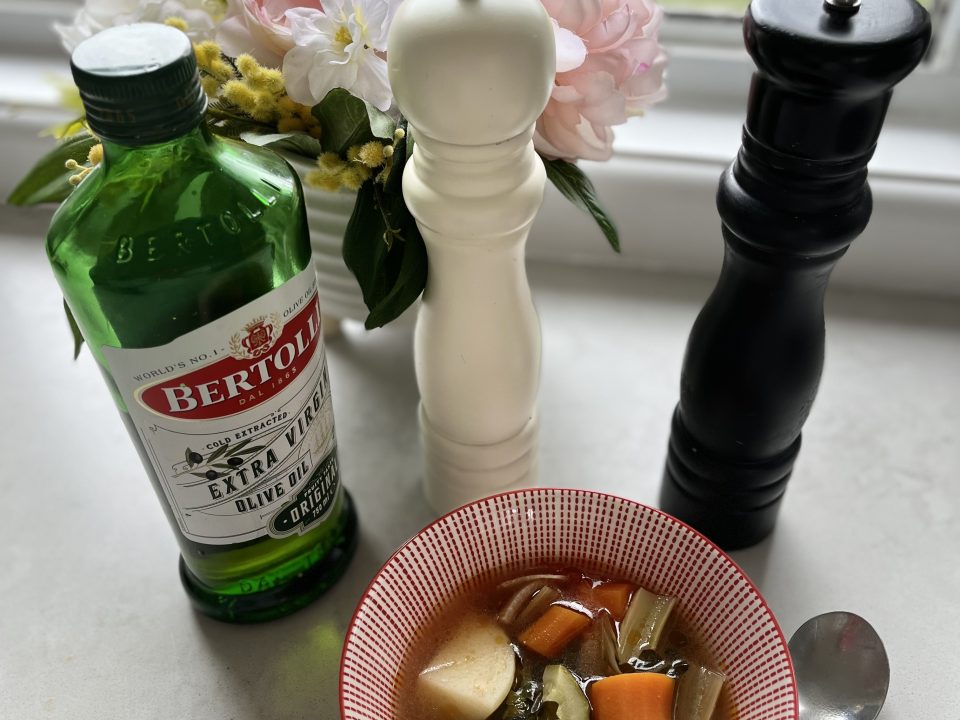This month, we’ve been focusing on welcoming in the New Year by bringing in more of what you love, and letting go of what you no longer need.
Next month we’ll be exploring a process to bring dreams into reality.
This week, it’s just a quick check-in to make sure that your wellbeing foundations are in place.
These practices are so simple, that they are often overlooked when we are seeking to recover from illness, have more energy or simply to feel happy.
But these are the basic foundations of health and stability and are essential for your wellbeing. Falter on the basics, and normal things in life can feel much harder than they need to be.
On the other hand, when you pay attention to these foundations, then you are putting your best foot forward – helping you deal well with life’s ups and downs.
1. Sleep
Sleep is often the elephant in the room when people wonder why they are feeling blah. Here’s what good sleep looks like:
- You start winding down from the day at about 9-9:30pm, having had a light meal a couple of hours earlier.
- You are doing something soothing like reading a book (with real pages, not a screen), having a bath, listening to music that relaxes you or practising meditation.
- At around 9:30-10pm, you go to bed and fall asleep quite easily. You sleep the whole night through, more or less.
- When you wake in the morning, you feel refreshed. Your mind-Spirit feels revitalised and your body has energy again.
- You can quite easily open your eyes and simply rise and get on with your day.
- You have enough energy to do your daily tasks with calm focus.
If your sleep doesn’t look like this, are there some steps you can take to improve your situation?
See our articles on sleep and Chinese medicine wisdom for some helpful ideas.
2. Water
Your whole physiology takes place in a watery medium. The inside of your cells is fluid, all your cells are bathed in fluid, and your veins and lymph vessels transport fluids from the tips of your fingers and toes all the way to your deepest vital organs.
Fluid is transport for energy and life. It brings energy and information to your cells, and it takes away waste products and toxins, to release to the outside.
Flow is all-important in Chinese medicine. Blockages of flow can result in pain of all descriptions.
Free flow allows the intelligence of life to flourish within and connects you to Nature’s resources.
How much water do you need? This depends on your unique circumstances and any health conditions that may influence your body’s water metabolism. Here is a rough guide, but please check with your doctor if you have any health concerns. If you currently drink very little fresh water, then take several weeks to gradually increase your intake – slow and steady allows all your body systems to adapt to your “new normal”.
- You should sip regularly while doing physical labour or exercise, or during very hot weather
- At other times…
- Start your day with two glasses of fresh water (warm water in winter if desired).
- Have two glasses of water mid-morning and mid-afternoon.
- Follow any alcoholic, caffeinated or sugary drink (including juice) with two glasses of water.
- Have plenty of fresh fruits and vegetables.
- Limit salt, fried food, sugar, red and processed meat, refined flour and artificial foods & additives.
- Try to avoid water that’s cold from the fridge. You have to use your precious life-energy to simply warm it to 37 degrees C. This tires you in the long run, according to Chinese medicine. The exception is a little cold water on a hot day, to encourage the energy that is at your body’s surface to submerge within and re-unite with your Centre.
- If you are doing all this, then you may need only a few extra glasses of clean, fresh water per day – preferably filtered.
- The further you stray from your ideal intake, the more help your body will need to release toxins.
See our articles on water and Chinese medicine wisdom for more ideas.
3. Food
Paleo, South Beach, Atkins, Primal, Mediterranean, Vegetarian, Vegan, Raw Vegan… So many dietary plans, often conflicting with one another, each with compelling arguments and evidence in its favour. But it’s impossible that they are all correct, for everyone.
Even from the scientific establishment itself – “have butter, don’t touch butter! Now don’t have margarine!” “Eggs are great, now avoid eggs!! Oh, did we mention – now eggs are fine?”
Somehow, in our disconnected modern age, it seems we have forgotten what to eat.
The 20th century saw many confusing about-turns in nutrition science. However, with large-scale long-term prospective population-based studies, certain simple trends have started to emerge. Anti-cancer, anti-stroke, anti-diabetes, anti-obesity, pro-fertility – the paths converge like this:
Lots and lots of fresh fruits and vegetables
If you have access to organic and in-season, even better. The Australian food guidelines have recently been updated (the “food pyramid”) so that carbs (bread, pasta etc) are no longer on the bottom of the pyramid. Now we are recommended to get the major portion of our meals from fresh fruits and vegetables. It just makes sense!
Limit animal products
When you have animal products, favour poultry, eggs and fish. Greatly limit red meat to special occasions and avoid processed meat (salami, bacon etc). Organic or wild-caught is important for animal products, as toxins may become concentrated as they move up the food chain. Special requirements may exist for people with certain health conditions, or groups such as the elderly. As with all self-help advice, check with your health professional for recommendations that suit your unique situation.
Eat a rainbow
The macronutrients – carbohydrate, protein and fat – are all contained in just about all plant foods and by eating a wide variety you will get a good ratio, so there’s no need to overthink it.
The important part of eating a wide variety is to cover your intake of the other nutrients – vitamins, minerals, antioxidants and other phytonutrients.
Include nuts, seeds and legumes
They are powerhouses of nutrition. Of course, take caution in cases of allergies. People who have eaten few legumes may need to start with small portions, to allow their digestive flora to adapt to the new molecules. Soaking legumes and draining the soak water before cooking may improve digestibility.
Fats and oils
The jury is still out in terms of the ideal fat intake, but certainly avoid trans fats (read labels on packaged foods, avoid fried foods). By focusing on oils and fats within foods (fish, nuts, avocado etc) then you are probably OK. Try not to add a large quantity of refined oils or fats to your diet, unless advised by your health practitioner.
Sugar, refined flours and alcohol
Sugar will probably be a very big area of nutrition research in the early 21st century. Try to avoid or at least greatly limit. Avoid soft drinks. Limit alcohol to one serve a day. If having grains, have them in whole-grain form (brown rice, whole grain bread etc).
Care for your gut flora
This is another huge area of research that will greatly change our thinking this century. By following the above recommendations, you will be nurturing your precious gut flora. You can include fermented foods and maybe probiotic supplements if needed. Some people may need to see a health practitioner to heal their gut issues – this may require a modified diet and ongoing assessment.
4. Movement
In Chinese medicine, all movement begins in the Heart and ends in the Heart.
“Heart” is an expanded concept in Chinese medicine, referring to much more than the physical organ with the same name in English. It is about the “Centre” and our connection to the wisdom and intelligence of nature, the intelligence that creates living structures. It is also a description of our consciousness, the “I” that perceives the world and feels emotional changes in the body.
The Heart is considered the Emperor of the whole body-mind and pertains to the emotion of Joy.
When you move, do you move from a place of joy? Or do you punish your body to try to shed calories? Do you avoid exercise? Can you only feel calm and clear while exercising?
See our articles on joyful exercise and Chinese medicine wisdom.
5. Stillness
Life is busy. Your attention is drawn in several directions at once, most of the day. According to Chinese medicine, where the mind goes, energy follows. Most of us are giving away our precious life energy by having too much attention on the outer world.
Meditation doesn’t have to be hard. It can be super easy, it can be fun, it is definitely relaxing and it tops up your energy tanks and can bring clarity to your life.
Chinese medicine recognises that some “types” of people have much more trouble sitting still to meditate than others. If this is you, you can ask us how we can help you establish a meditation practice that suits your constitution.
Acupuncture can be an excellent way to train your body-mind to quieten down and receive the gifts of energy and clarity that follow. Contact us to find out how we can help support your meditation practice – whether you have never meditated before, you’re a cautious beginner or you’re well along your own meditation path.
6. Enjoyment
Most of our days are spent in ordinary moments. Most of these moments, with just a little tweaking and a change in awareness, can become a source of simple joy. You can top up your tank throughout the day by cultivating a practice of ordinary joy.
Does life seem to get faster and faster? Did you wonder where the last year went? Cultivating a practice of joy can help you to slow down and experience the roses with your five senses! It can slow down your experience of time so your days become richer.
Have you completed our January series of articles on welcoming in the New Year and bringing more joy into your life? This is a practice that you can revisit throughout the year.



